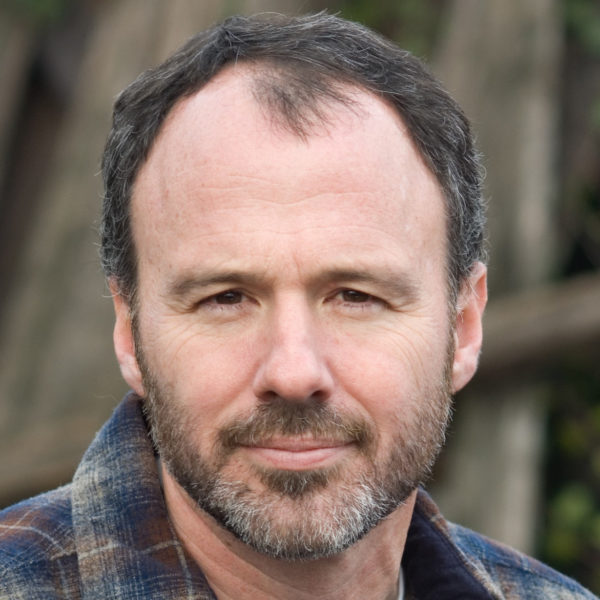A Sound of Music Theology
The Sound of Music has been delighting audiences since its premiere 50 years ago this month. The beauty of its cinematography, the feel-good music and lyrics, and Julie Andrews’ luminous presence are memories we carry forward from childhood. What people often miss, though, is the distinctly spiritual lesson that the movie offers. It turns out you can build a whole theology around The Sound of Music.
The screenplay makes few Biblical references. The Mother Abbess quotes Psalm 121 in encouraging Maria and her new family in their escape over the Alps, saying:
“Remember: ‘I will lift up mine eyes unto the hills from whence cometh my help.’”
There’s also testimony to God’s grace with the repeated use of the phrase,
“When the Lord closes a door, somewhere He opens a window.”
The real theological lesson, though, comes in the narrative arc of Maria’s story.
In the movie’s opening scenes Maria feels that she can only show her deep devotion to God through her commitment to a nun’s life. She believes firmly in her monastic calling, no matter how challenging it might prove. It’s the Mother Abbess who sees potential gifts in Maria’s failings and who insists that she make a trial return to the outside world.
At the end of her first day as governess to the Von Trapps, Maria naively prays,
“Dear Father, now I know why You sent me here. To help these children prepare for a new mother.”
Little does she know that she will be that mother. It’s love that finally opens her eyes — and shakes her confidence. When she realizes the depth of her feelings for the Captain, she flees back to the safe confines of the cloister.
In our love of the film’s exuberant musical numbers, it’s easy to forget that Maria suffers a “dark night of the soul,” entering a period of deep solitude and only emerging from her cell at the insistence of the Mother Abbess. It’s through the guidance of this wise, older woman that Maria finally leaves the path of the spiritual ascetic and embraces her calling as teacher, as parent, and as partner. As the Mother Abbess says,
“You have to live the life you were born to live.”
In essence, Paul says the same in First Corinthians:
“Now there are varieties of gifts, but the same Spirit; and there are varieties of services but the same Lord; and there are varieties of activities, but it is the same God who activates all of them in everyone.”
He goes on to list a range of gifts, noting that knowledge and wisdom are not the same, and including both healing and faith as activities that benefit the community.
This is precisely the lesson that Maria learns in the course of the movie. Unlike the Mother Abbess, her gifts can’t be expressed behind stone walls. She lives her faith best in the world, sustaining her new family with unconditional love and, as the Captain notes, bringing music back into their lives.
The lesson is hardly limited to postulants, Catholics, or Christians. And Paul is not the only theologian to note that humanity’s great variety is its greatest strength. But there’s something about Maria’s journey, about those Alpine meadows and knowing nuns, that has inspired us in a way that sacred texts can’t always achieve. We recognize the courage it takes to leave the abbey and return to the Von Trapp estate — the same courage we need in our own lives as we ask if we’ve been true to our gifts.
The film’s opening sequence, when Maria revels in the glory of God’s creation, has become an icon of unbounded joy, but I prefer the quieter moment when she returns to the grounds of the villa. Our first hint at the happiness in store is the look of surprise on the children’s faces as her voice blends with theirs. As they race to greet her, she kneels and opens her arms, ready to — literally — embrace her new life. Perhaps that moment, more than any other, captures why each generation finds new delight and new strength in The Sound of Music.


Share your reflection